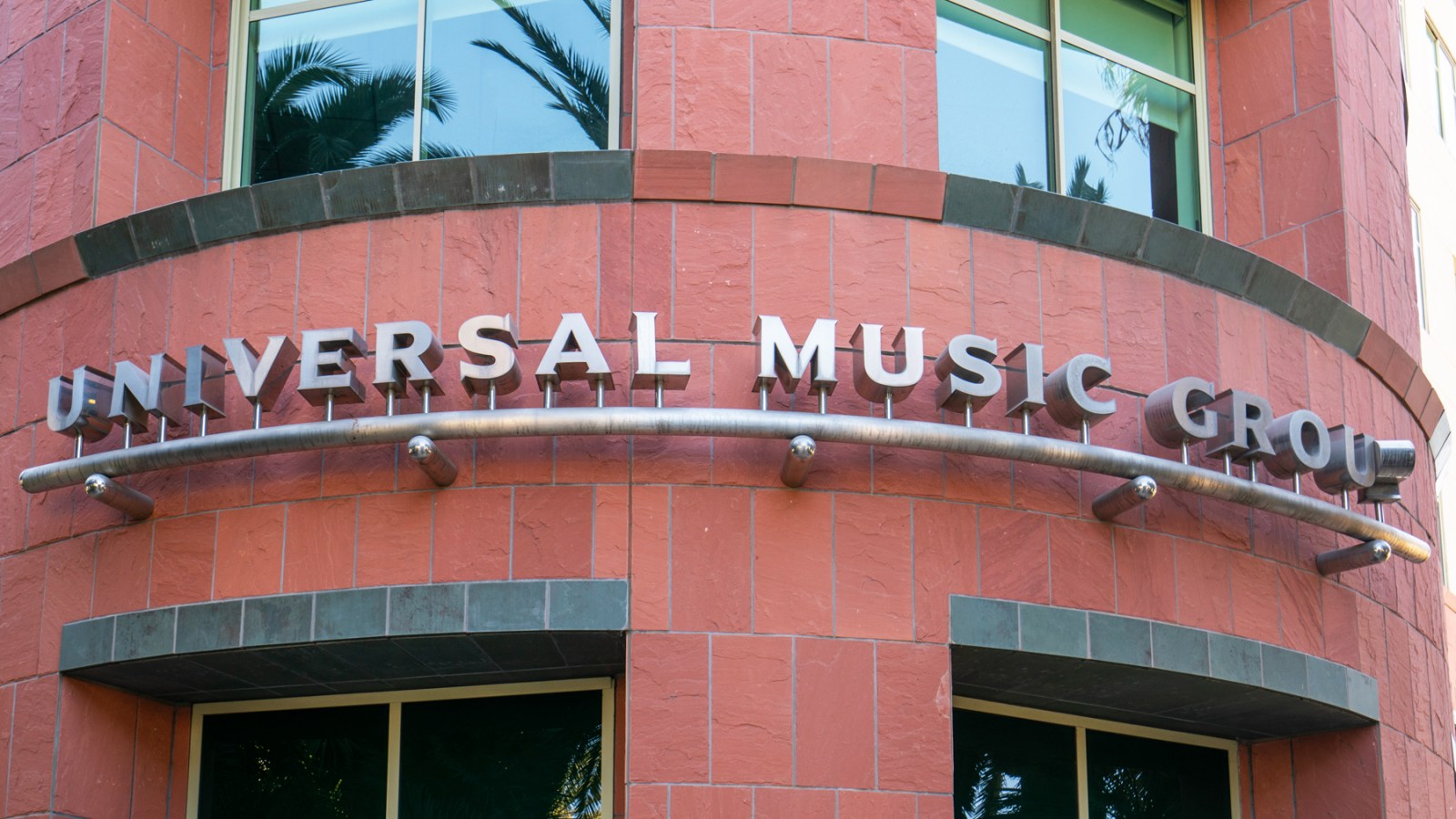
Universal Music Publishing Group, Concord, and Abkco have sued an Amazon-backed artificial intelligence company over alleged copyright infringement of the three publishers’ songs, according to a lawsuit reviewed by Rolling Stone.
The companies have filed a suit against Anthropic, an AI startup company founded by four former OpenAI employees in 2021 that had just last month secured an investment from Amazon worth up to $4 billion.
According to the suit, filed on Wednesday in Tennessee, Anthropic and its AI assistant service Claude — reminiscent of chatbots like OpenAI’s ChatGPT — allegedly infringed on the publishers’ copyrights both by training Claude on their songs and by posting the songs’ lyrics in its prompted answers. While republishing lyrics is a common practice for websites such as Genius or LyricFind, those sites do so after entering licensing agreements with music publishers.
In the suit, the publishers point to several instances in which Claude allegedly infringed on their works. When the plaintiffs asked Claude to provide the lyrics to Katy Perry’s “Roar,” which Concord owns the rights to, the service showed the lyrics in full. Per the suit, it did the same for Gloria Gaynor’s “I Will Survive” (a Universal track), and The Rolling Stones’ “You Can’t Always Get What You Want,” which is an Abkco track.
More notably, however, the plaintiffs allege in the suit that Claude would regurgitate the lyrics to songs when given broader prompts as well. For example, the publishers claim that when they asked Claude to write a song about the death of Buddy Holly, Claude gave them nearly all the lyrics to Don McLean’s “American Pie.” When asked to write a song about moving to Bel Air from Philadelphia, the publishers allege that Claude gave nearly the exact lyrics to “The Fresh Prince of Bel-Air.”
(When Rolling Stone asked Claude the same prompt, the chatbot didn’t give the lyrics word-for-word, but it did include some of the same lyrics in a song the assistant provided.)
The suit further alleges that when the plaintiffs asked Claude for the chords to “Daddy Sang Bass” by Johnny Cash, the service provided both the chords and the lyrics. And, according to the suit, when the plaintiffs asked Claude to “write a short fiction in the style of Louis Armstrong,” the AI model responded by copying significant portions of the lyrics to “What a Wonderful World.”
The publishers’ claims for relief include direct copyright infringement, contributory infringement, vicarious infringement, and removal or alteration of copyright management information. The plaintiffs are seeking as much as $150,000 per work infringed.
Matthew J. Oppenheim, the attorney representing the publishers in their suit, said in a statement to Rolling Stone that “the unauthorized use of copyrighted material is illegal and, in the case of copyrighted music lyrics, harms songwriters and music publishers.” He added: “It is well established by copyright law that an entity cannot reproduce, distribute, and display someone else’s copyrighted works to build its own business unless it secures permission from rightsholders. Just like countless other technologies, AI companies must abide by the law.”
A representative for Anthropic did not immediately respond to Rolling Stone‘s request for comment.
The suit marks a significant development for a buzzy year in which AI’s potential — as well as its potential concerns — have captivated the music business. Some of the music industry’s most powerful stakeholders have spoken out about the need for assurances that AI would be used in ways that empower artists and don’t infringe on their works. The suit is among the most aggressive legal steps any music company has taken so far to retaliate against AI.
Universal Music Group, UMPG’s parent company and the world’s largest music company, has been particularly vocal about proper uses of AI. Earlier this year, after anonymous songwriter Ghostwriter went viral with his song “Heart on My Sleeve,” which featured the AI voice-cloned vocals of UMG artists Drake and the Weeknd, it had pushed for streaming services to crack down on AI. (UMG declined to specify at the time if it had sent official takedown notices on that particular song.)
“The training of generative AI using our artists’ music (which represents both a breach of our agreements and a violation of copyright law) as well as the availability of infringing content created with generative AI on DSPs, begs the question as to which side of history all stakeholders in the music ecosystem want to be on: the side of artists, fans and human creative expression, or on the side of deep fakes, fraud and denying artists their due compensation,” the company said at the time. “These instances demonstrate why platforms have a fundamental legal and ethical responsibility to prevent the use of their services in ways that harm artists.”
The company has dipped its toe in the AI world as well, forging an agreement with AI music company Endel to help artists make mood music earlier this year. UMG announced another AI partnership with music creation platform Bandlab on Wednesday.
In a blog post regarding a partnership with YouTube regarding AI and music, UMG’s CEO Lucian Grainge cited AI’s potential both to “empower a new generation of talent” and to bolster “misappropriation and misinformation.”
“Given this tension, our challenge and opportunity as an industry is to establish effective tools, incentives and rewards — as well as rules of the road — that enable us to limit AI’s potential downside while promoting its promising upside,” he wrote in August. “If we strike the right balance, I believe AI will amplify human imagination and enrich musical creativity in extraordinary new ways.”
